SYNAPSES Evaluated Resources
On this page you can find all resources that have been identified and evaluated by the SYNAPSES consortium. Are you looking for resources specifically for you? Use the filtering system on the left.
For a description of the Aims and Learning Outomes (LO) refer to this page.
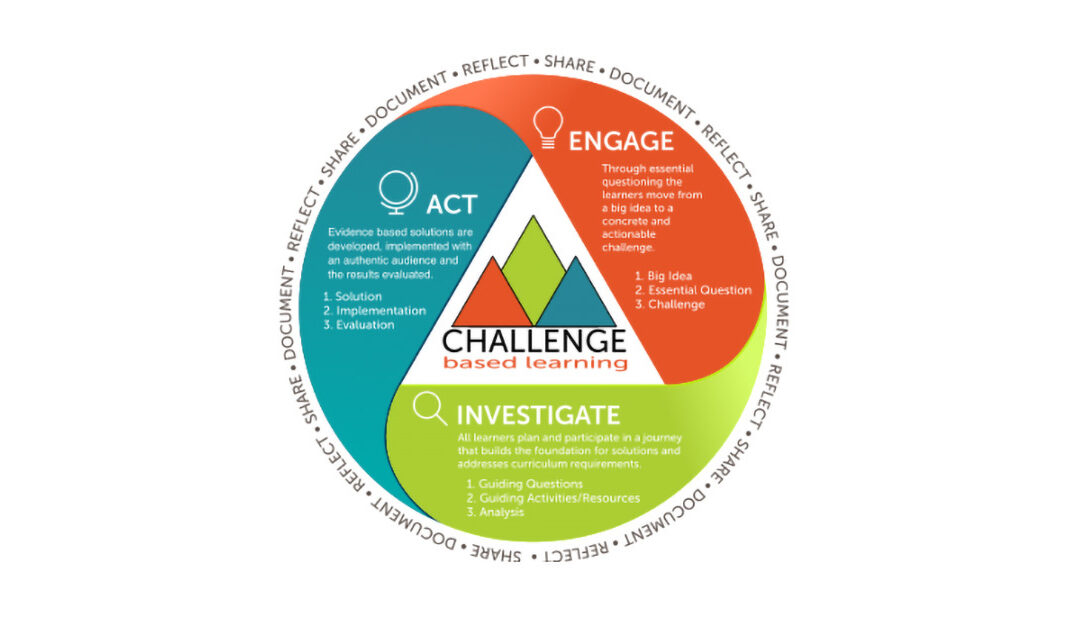
Challenge Based Learning Guide and Toolkit
This Guide to Challenge Based Learning and online toolkit are designed to introduce educators to this student-centred approach to learning in a real world, interdisciplinary way.
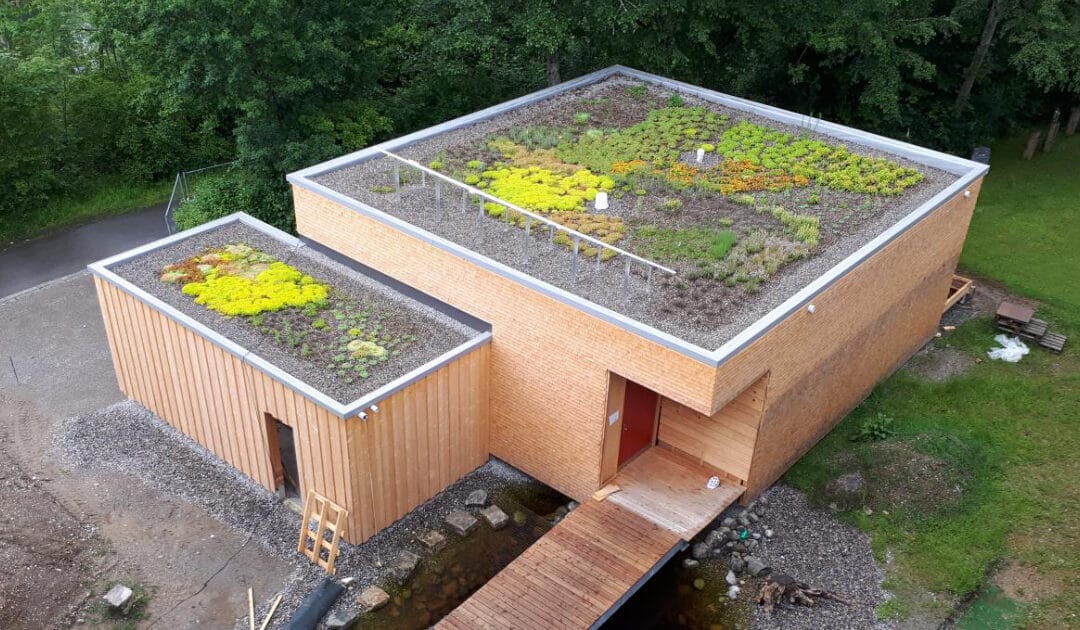
The Energy House: A Project of the Energy Club at Isny Secondary School
Sustainable, energy-efficient, self-built – that’s three words to describe ‘The Energy House’ in the school garden at Isny High School. See how a motivated teacher and his students planned and constructed a building that is as sustainable and energy-efficient as possible.
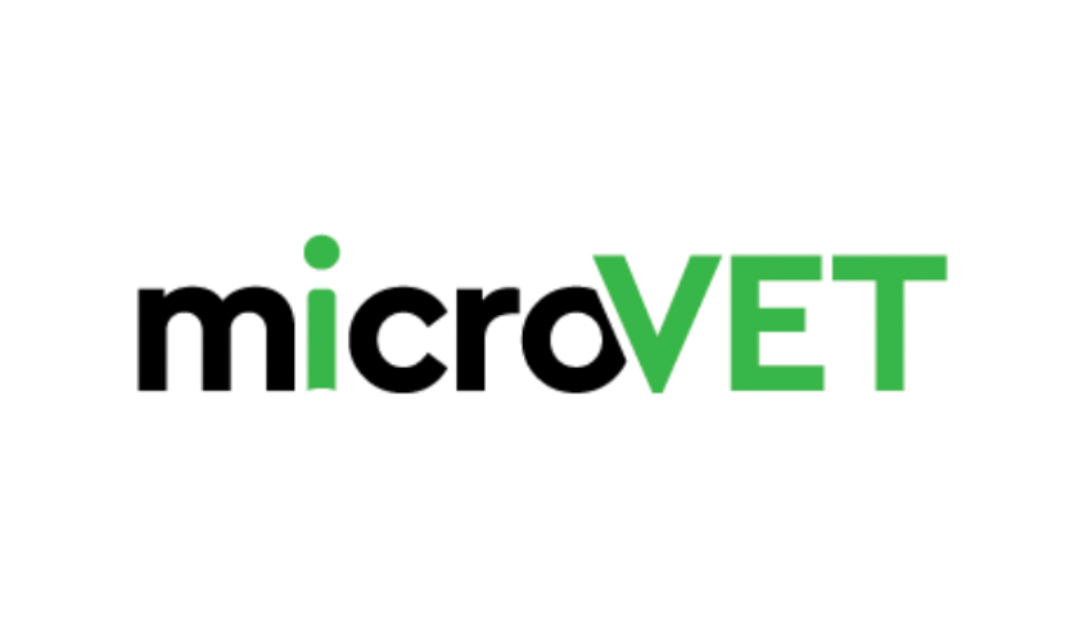
Inclusive science education and art
This resource links to a micro-credential course on inclusive science education and art through the Open-Ended scenario Framework.
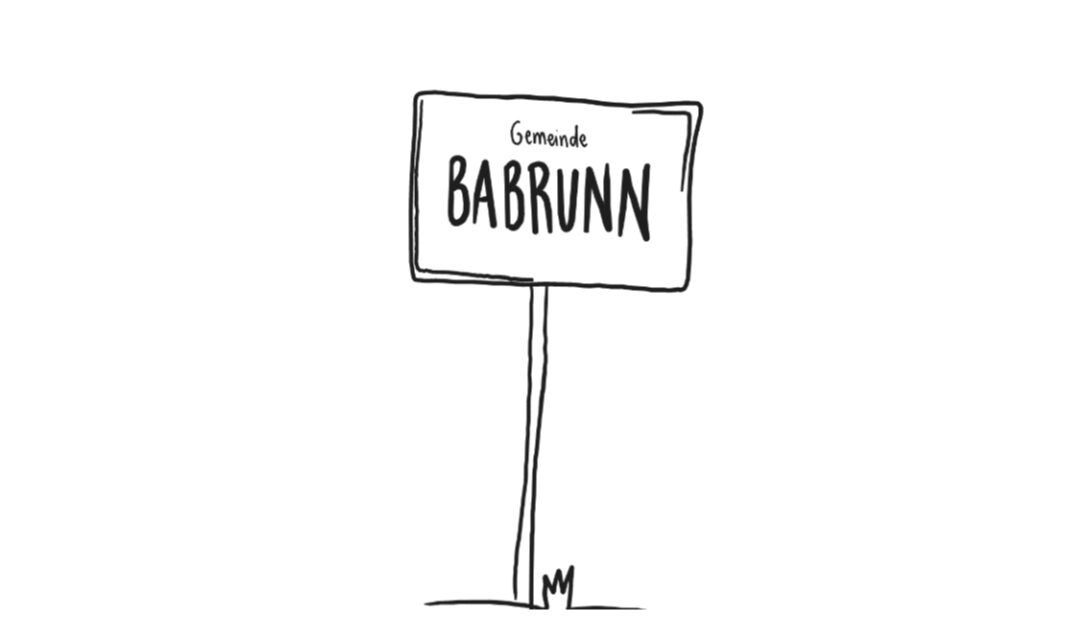
Babrunn’s Future: Sustainability in Action
The “Babrunn” resource is a role-playing game where students debate the construction of a water park, balancing environmental, economic, and social factors. It fosters critical thinking, collaboration, and sustainability awareness, allowing students to explore real-world challenges in community planning and democratic decision-making.
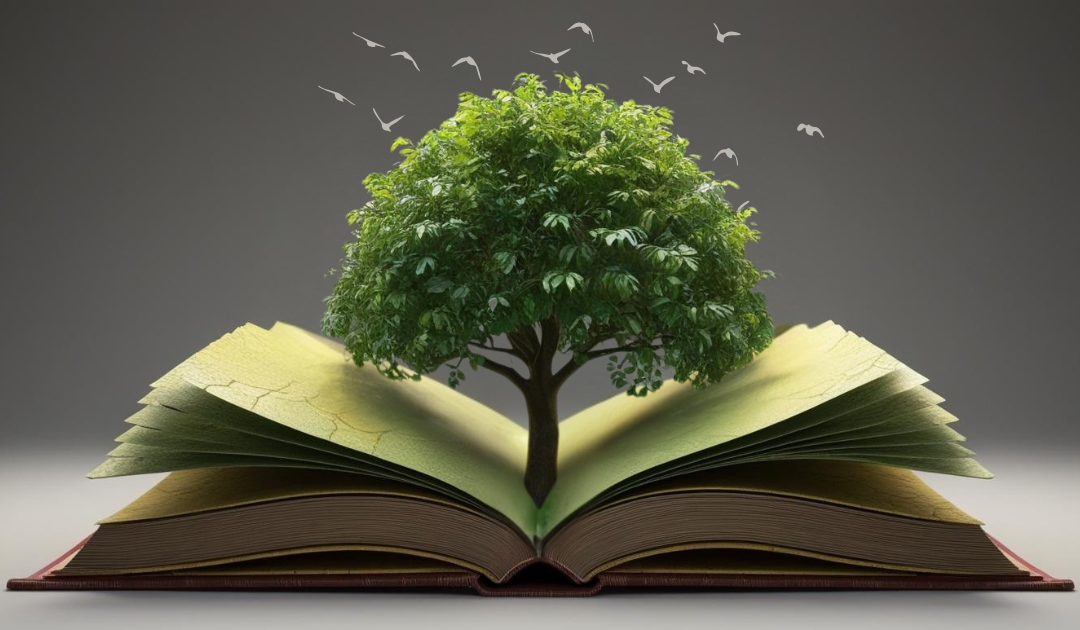
A Green School is a Healthy School
This learning scenario emphasizes the importance of the school environment for students’ health and well-being. Students measure air quality, brainstorm improvements, and implement nature-based solutions like green walls, fostering awareness of environmental impact and promoting biodiversity-friendly practices.
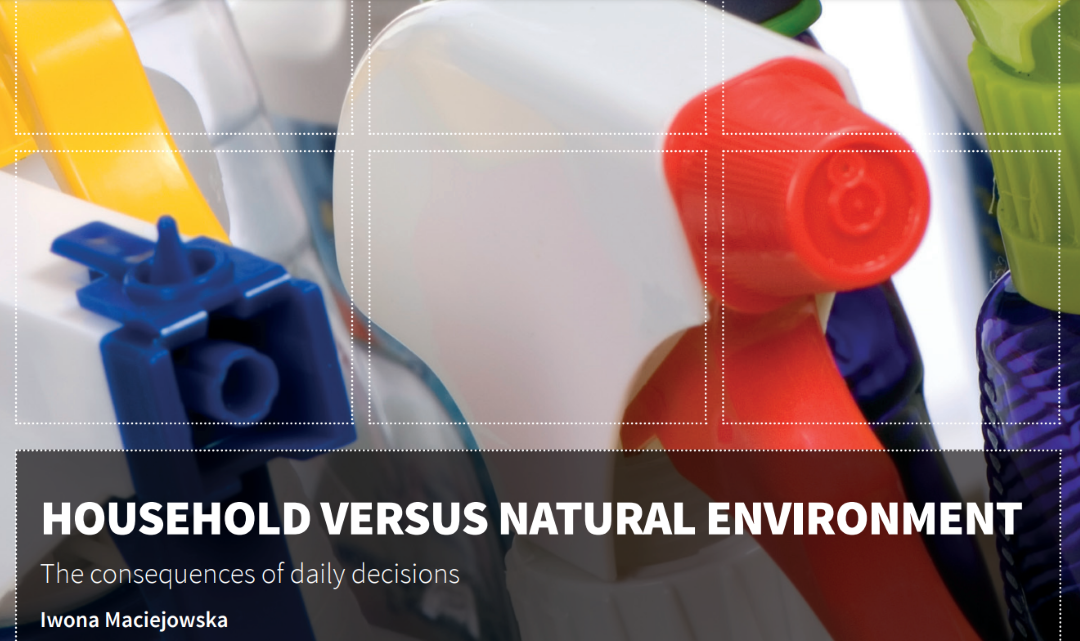
SAILs Household Vs Natural Environment
The Household versus Natural Environment Strategies for Assessment of Inquiry Learning in Science (SAILS) inquiry and assessment unit focuses on the environmental implications of using cleaning agents. Students investigate the growth of cress in various conditions to determine the impact of household chemicals on the environment.
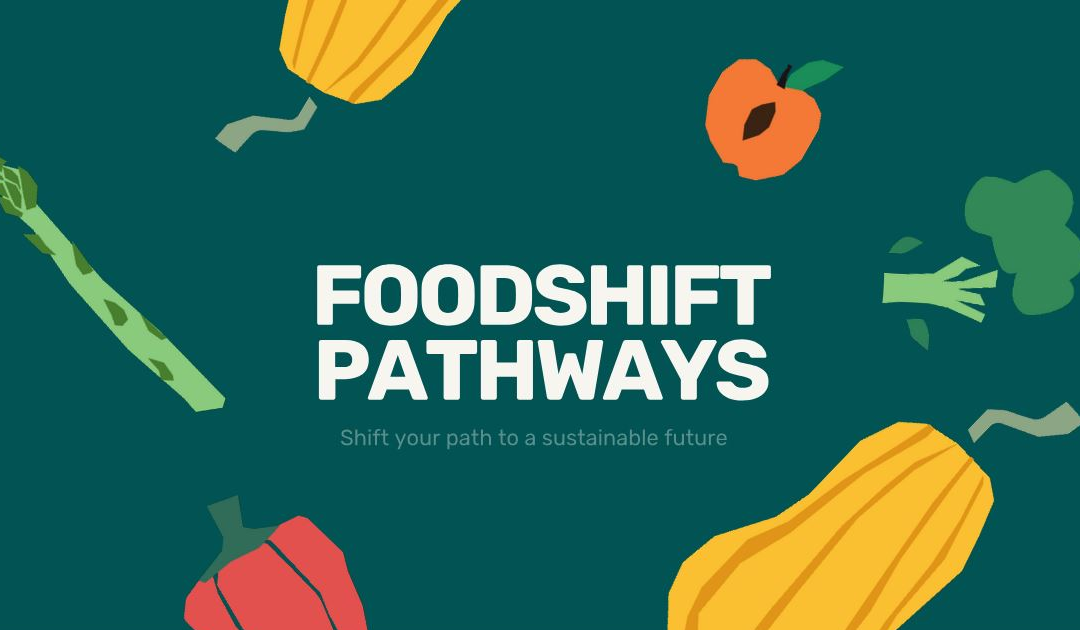
FoodShift Pathways: Open Learning Scenarios
Open Learning Scenarios (OLS) empower teachers to address food system sustainability by placing students at the center of learning. Using open schooling and living-lab methodologies, students collaborate with societal actors to co-create solutions for real-life community challenges. The resource includes 60 scenarios and 6 ready-to-use videos.
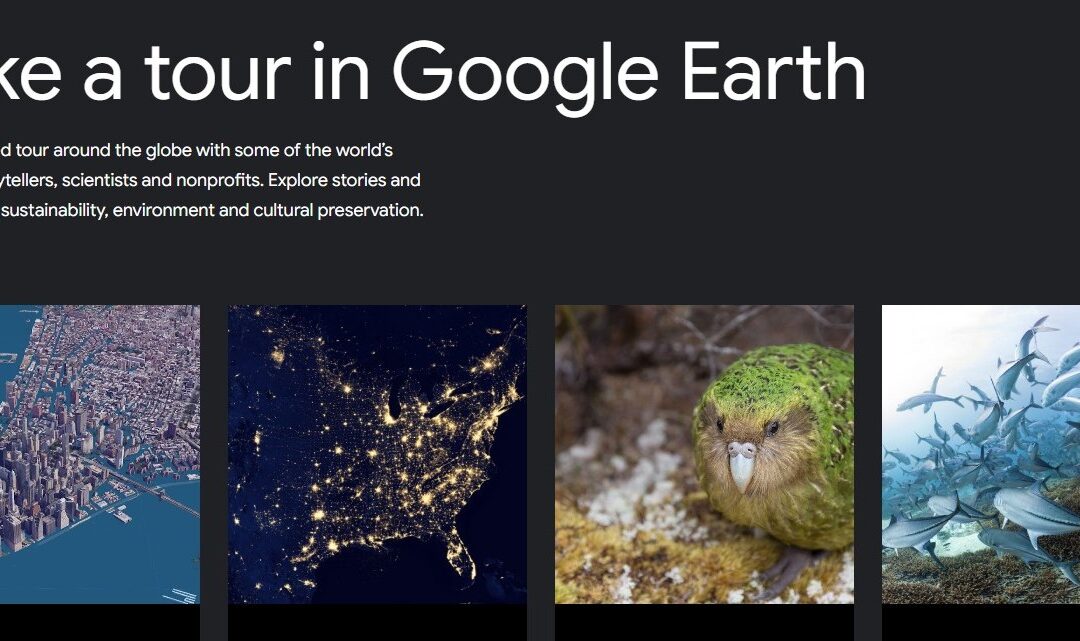
Google Earth Voyager
Google Earth’s Voyager is a showcase of interactive guided tours, quizzes, and layers that aim to help educate everyone about the world both near and far. This resource can used as a starting point to gain a global and place-based perspective of SC related challenges
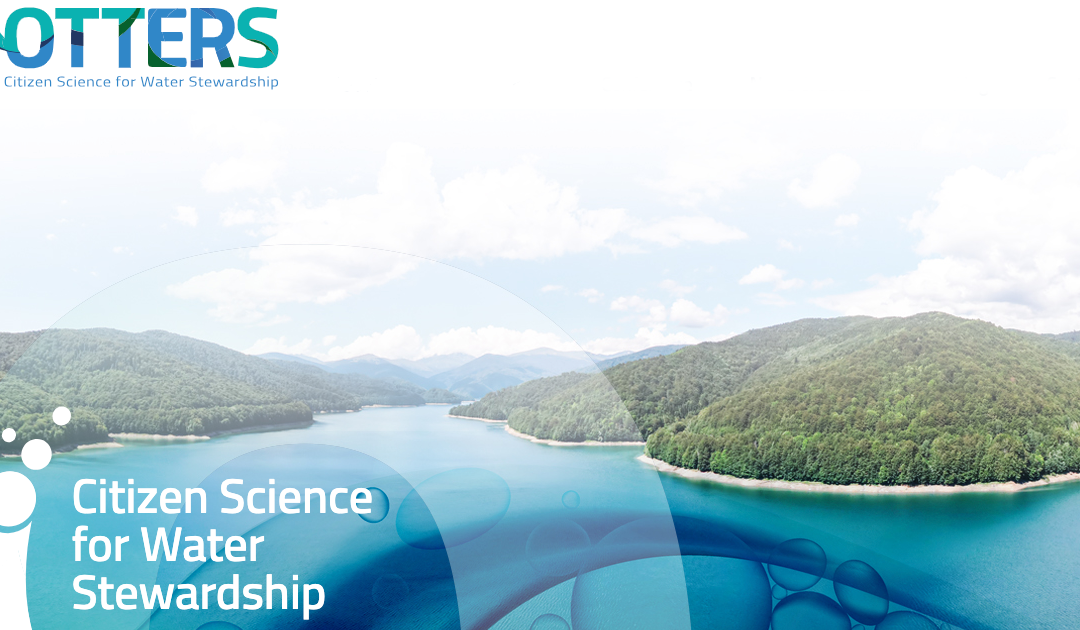
OTTERS – Citizen Science for Water Stewardship
The OTTERS project promotes ocean and freshwater care through citizen science. It empowers people to create campaigns, focusing on protecting ecosystems, eliminating pollution, and supporting a sustainable blue economy. OTTERS offers toolkits to help organize co-creation sessions, enabling teachers and students to engage in real-world problem-solving and scientific research.
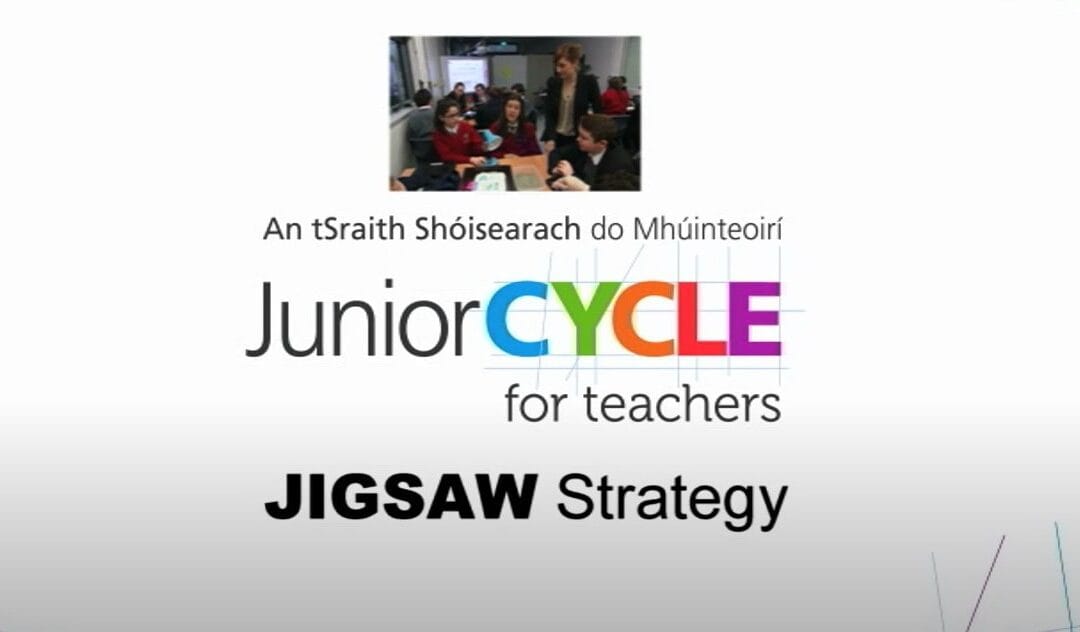
Active Classroom Strategies
The Active Classroom Strategies presented by the Junior Cycle for Teachers service in Ireland are student-centred active teaching methodologies designed to support the development of key skills and competencies in students such as ‘Managing Information & Thinking’ and ‘Working with Others’.
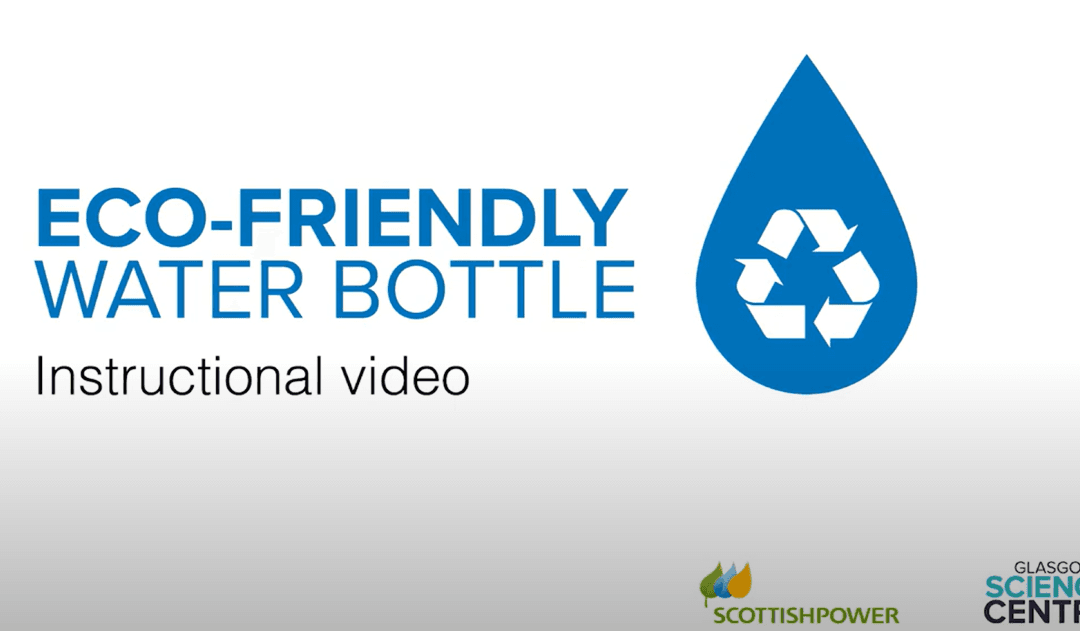
Eco Friendly Bottles
The Glasgow Science Centre and Scottish Power developed this biomimicry-inspired resource focusing on reducing plastic waste. The Eco-Friendly Water Bottle resource includes teacher and student instructions, PowerPoint slides, and an accompanying video demonstration of how to make the water bottle from alginate from brown seaweed.
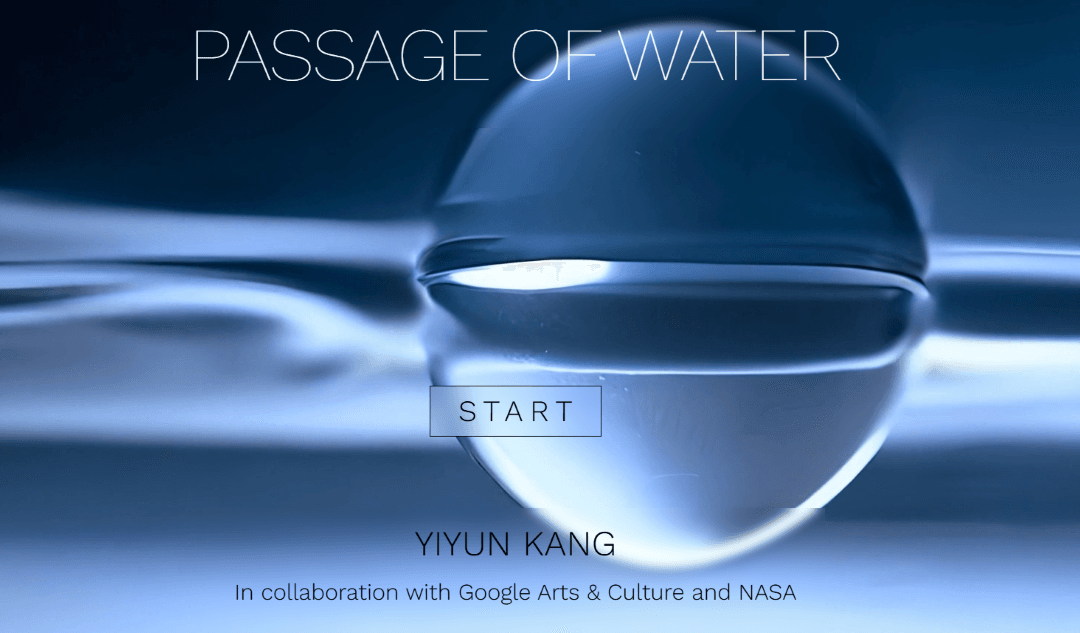
Passage of Water
Dive into the Passage of Water, a three-part interactive experience that vividly illustrates the alarming reality of our planet’s dwindling freshwater reserves. This resource serves as an introduction to the challenges of conserving fresh water in the face of climate change.
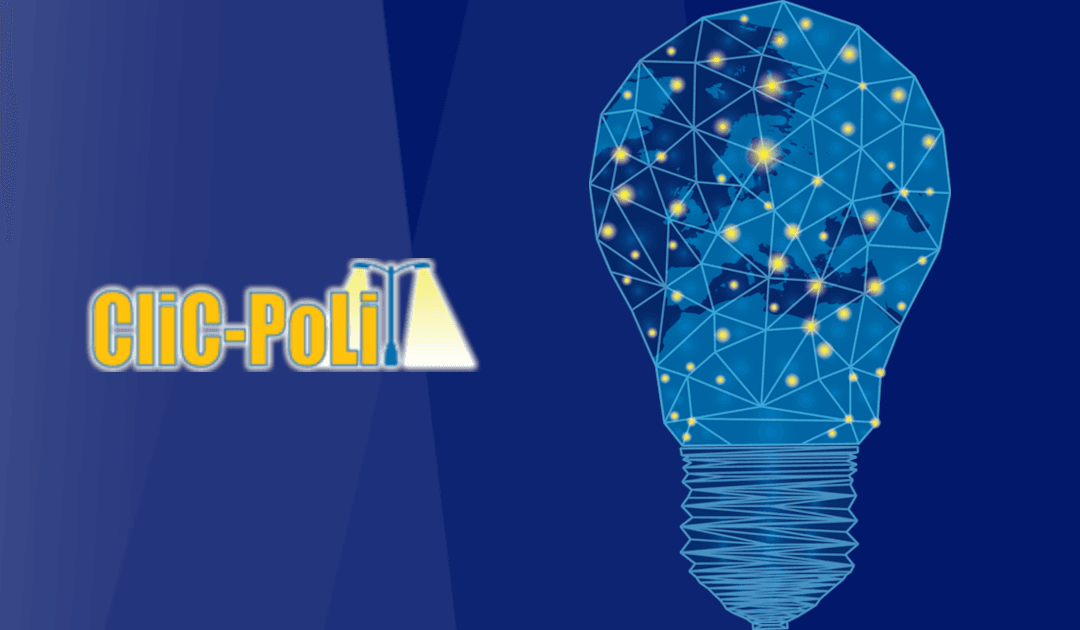
Climate Action and Light Pollution Threat (CliC-PoLiT)
The Climate Action and Light Pollution Threat (CliC-PoLiT) project tackles climate change, urban sustainability, and light pollution through interdisciplinary approaches. It empowers students to address real-world environmental issues, fostering problem-solving, communication, and collaboration skills. Students share their findings with communities, enhancing societal awareness and engagement.
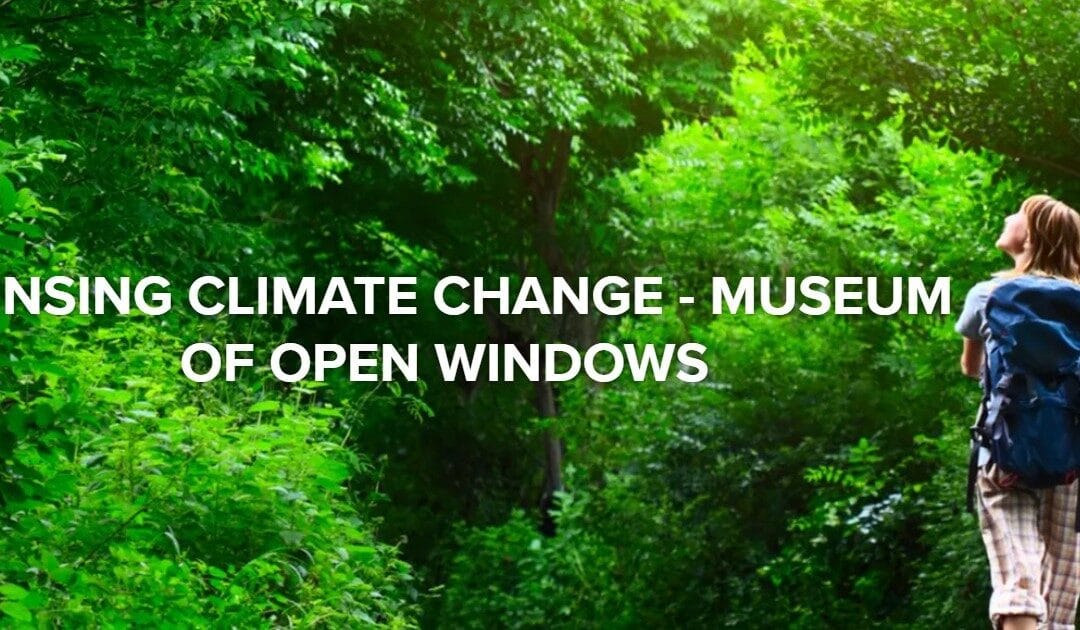
Museum of Open Windows
Museum of Open Windows podcast guides students through their local environment, encouraging them to engage directly with the ecosystem to identify signs of climate change. Photos, sound recordings and videos of their discoveries will create a local exhibition on the impact of climate change.
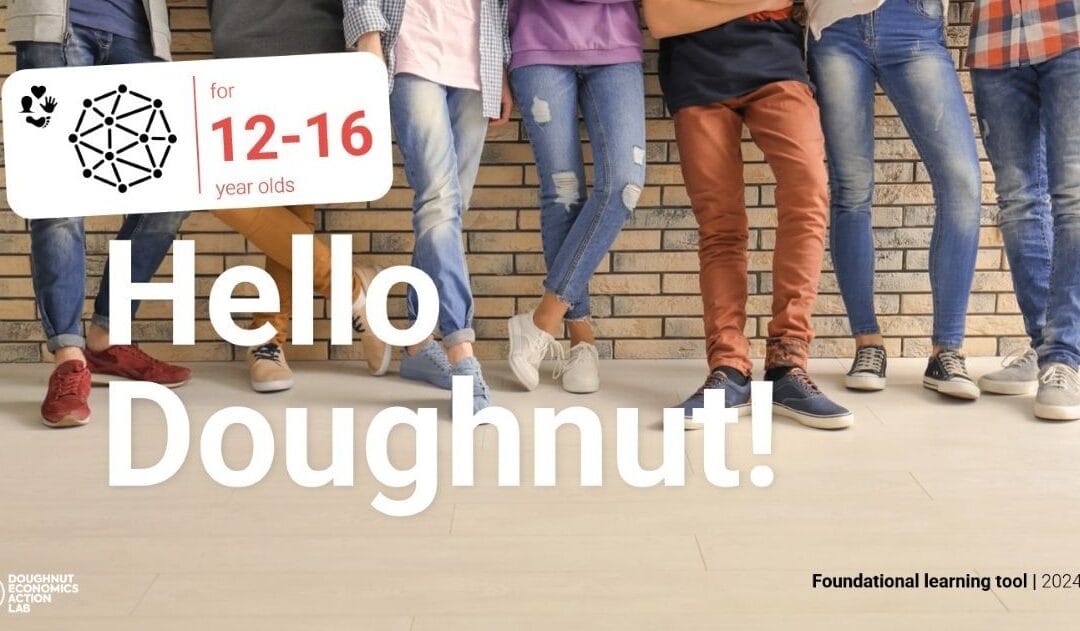
Hello Doughnut
‘Hello Doughnut’ is a comprehensive series of resources for educators to help bring the foundational ideas, practices, and principles of Doughnut Economics into learning spaces. It pays attention to the cognitive, affective and psychomotor domains of learning in local contextualised learning environments.
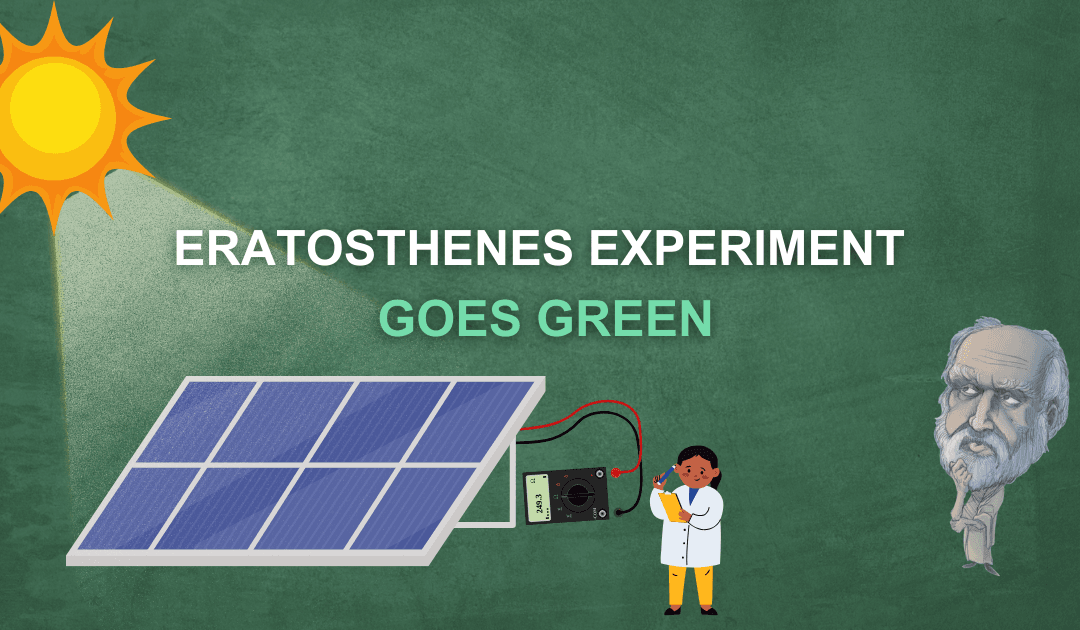
Eratosthenes Goes Green
A hands-on activity where students use solar panels to replicate Eratosthenes’ method of measuring the Earth’s circumference while exploring solar energy efficiency, geography, and sustainability.
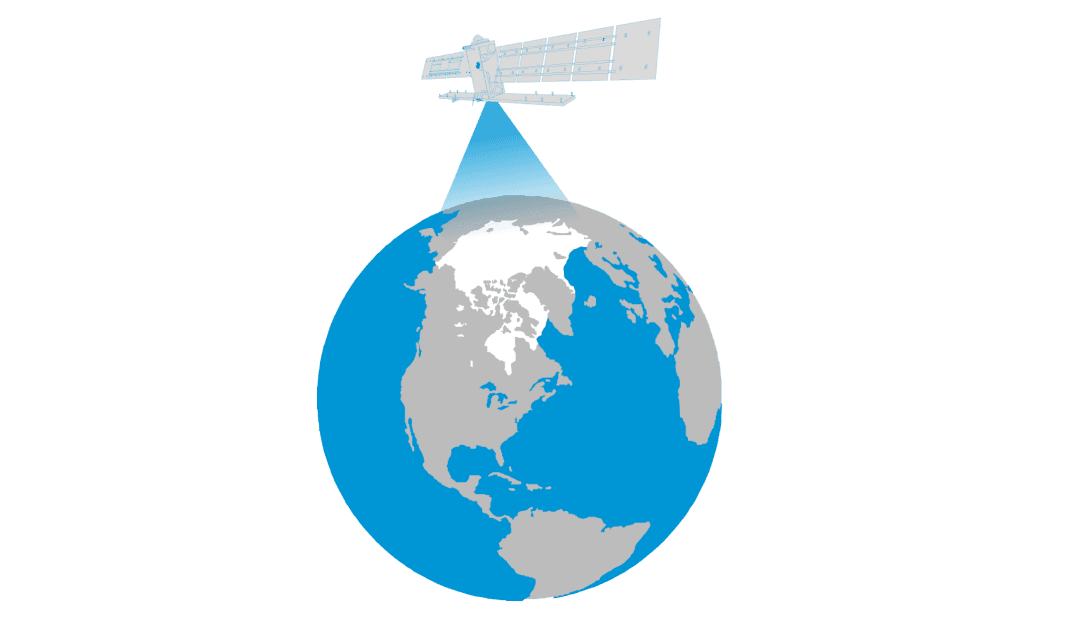
Sea Ice from Space – Investigating Arctic Sea Ice and Its Connection to Climate
This activity explores Arctic sea ice using Earth observation data. Students analyze satellite images to understand sea ice changes over time, linking these patterns to climate change. The resource fosters scientific inquiry and environmental awareness.
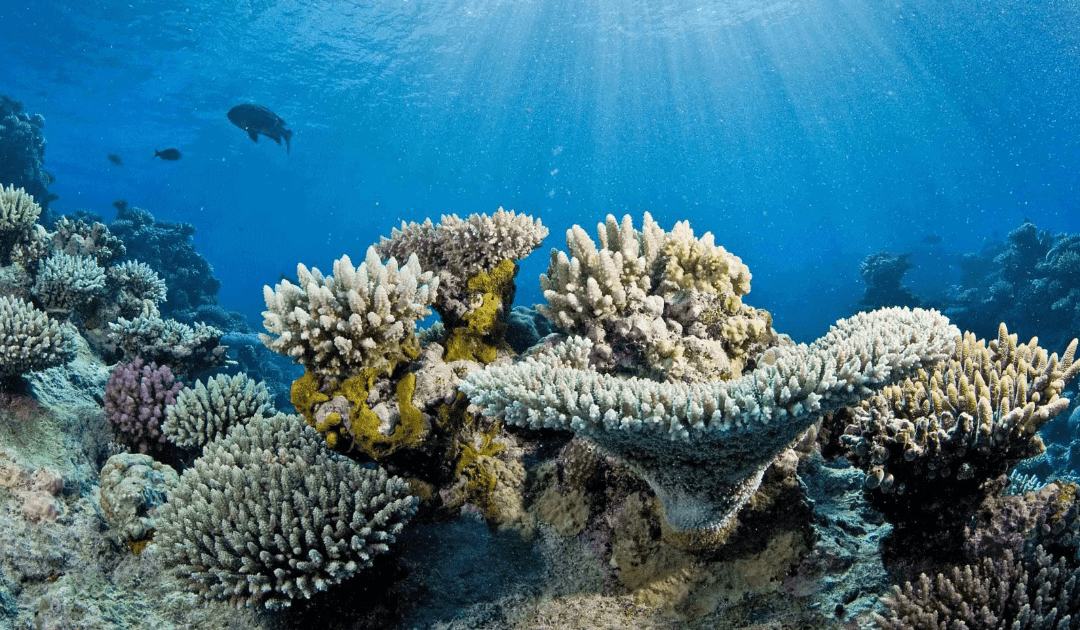
Investigating Coral Bleaching
This resource explores the impact of rising ocean temperatures on coral reefs using real data of the National Oceanic and Atmospheric Administration (NOAA). Students analyze temperature trends, coral bleaching, and heat stress while considering reefs’ ecological and human significance. With five progressive levels, it fosters data interpretation, critical thinking, and independent investigation.
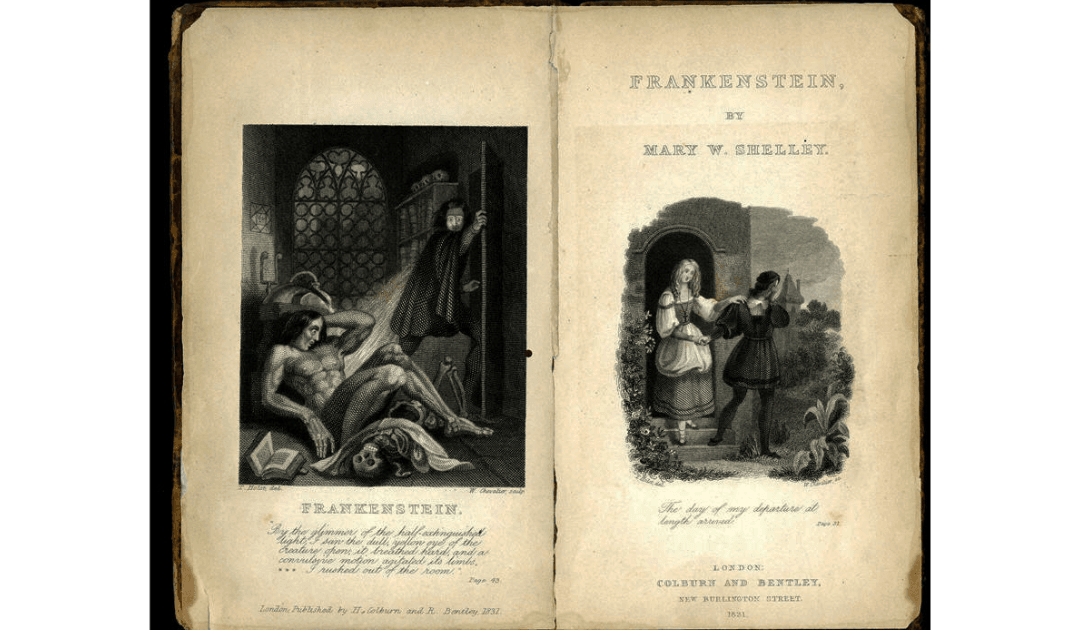
Frankenstein: Penetrating the Secrets of Nature
This resource explores Frankenstein through the lens of medical and scientific history, examining how advancements in medicine have shaped ethical debates on life, death, and human identity. Using readings, visual resources, and discussions, it connects Mary Shelley’s novel to contemporary biomedical issues, encouraging critical engagement with science and society.
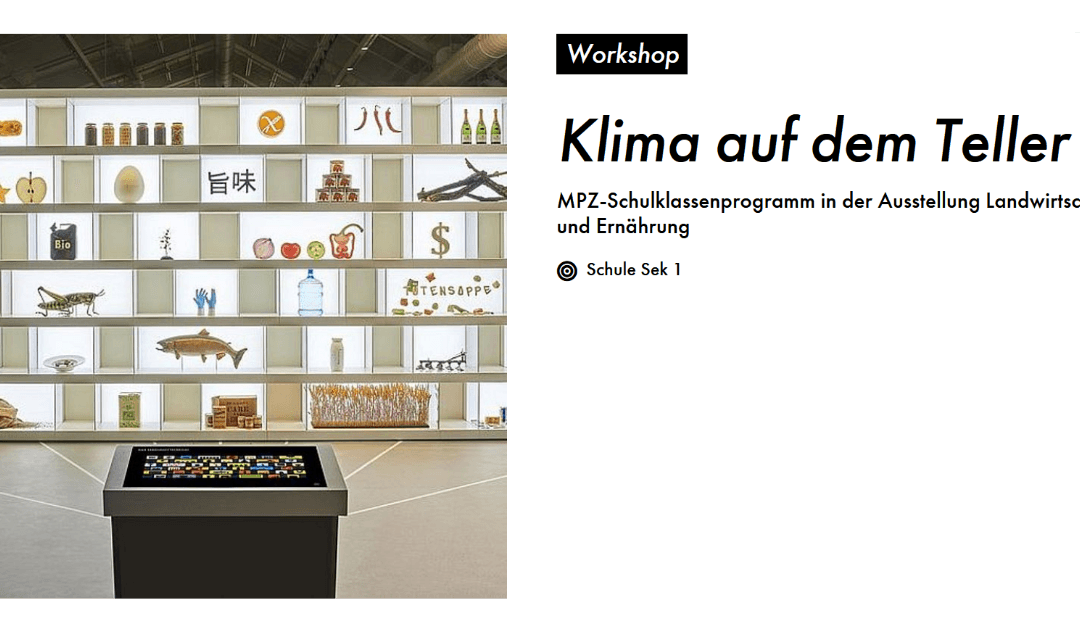
Museum-based Workshop: Climate on your plate
This interactive workshop at the Deutsches Museum (Munich) explores the impact of our diet on health, the environment, and global communities. Using a digital pinboard, students learn about sustainable eating and informed consumer choices. As a best practice example, that can be adapted to local contexts.

